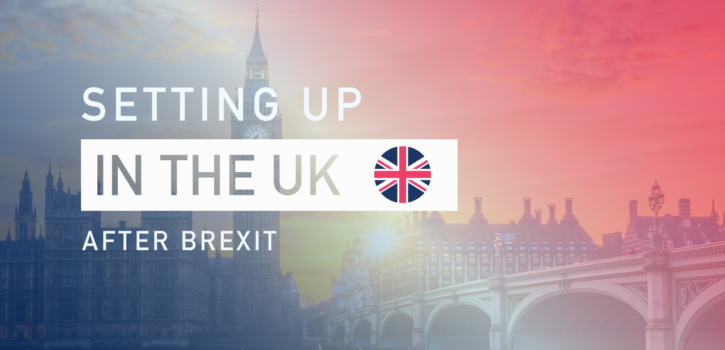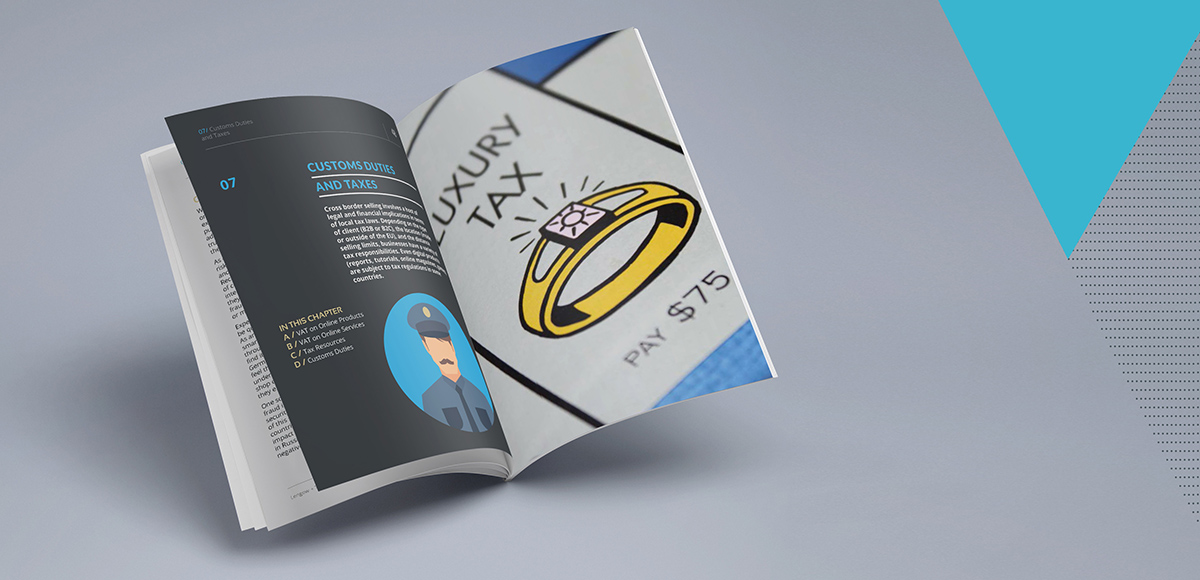Officially introduced on 1st January 2021, the trade and cooperation agreement decreased the likelihood of a worst-case scenario: a rift between the European Union and the UK. However, new commercial laws may cause various problems for British companies doing business with the European Union. The British government is trying to provide reassurance that although things are not working as they wish, these are only teething problems. So, why not set up in the UK?
Foreign businesses wanting to set up in the UK see a great opportunity. In fact, setting up in the UK is essential to benefit from the country’s new independence… But what has really happened since Brexit? What are the impacts of Covid-19?
“Internationalisation from A to Z” — Discover our guide to international expansion
The United Kingdom, a boon for business
A solid economy for business
Good news: on 6 April 2021, the IMF announced that economic growth in Great Britain was on the rise! Which is quite surprising after so many questions about Brexit.
It also announced that the rate of growth in the UK may be greater than that in Europe and the United States.
After so many years, the UK remains and will remain a leader in Europe for business, new technology and finance.
As you perhaps know, Great Britain and its capital, business-friendly London, are known for having an ideal legislative framework for investors and entrepreneurs.
London is considered to be THE meeting place for entrepreneurs and investors. The capital is not short on reasons for attracting young talent. With its good working environment, quality of life and prestige of the universities, London ticks almost every box as the ideal place for a perfect professional life.
The impact of Brexit for e-commerce
With e-commerce in great shape and very large brands offering their products, the UK is a strategic place to do business. Ranked as the 3rd largest e-commerce market in the world, the UK has found a strong place.
According to Statista, in 2018, B2C sales represented 199.7 billion pounds sterling and B2B sales represented 165.3 billion. The largest share of business volume was acquired by the fashion sector (34%).
This was only the start of the growth, because the appearance of Covid-19 had the effect of increasing the rate of online sales. Almost 93% of British people make purchases online. But that’s not all! The British are not afraid of purchasing from abroad. In fact, 52% of online sales come from China or the US.
So, you’ll understand that by selling products to the British, you will have the opportunity to greatly increase your sales potential.
But beware! Selling in the UK also means accepting various changes…
The tip of the iceberg
Expensive formalities
Since Brexit came into force, changes and commercial regulations are adding many complications for British companies doing business with the EU. Customs duty, transit times, health certificates, VAT… All this is affected. However, the agreement is clear. It guarantees trade without any customs duties for all goods complying with the appropriate rules of origin. The United Kingdom and the European Union face a completely different reality and many obstacles… mainly with customs procedures which are proving increasingly complicated. And it is not necessarily the companies that are affected first!
Consumers in the dark
In fact, to do business, you need clients. And nothing is better than satisfied customers who keep coming back!
Unfortunately, consumers have been greatly affected by the new formalities of customs charges and VAT relating to Brexit:
- Any order worth over €150 (£135) being sent from the EU but not originally from the continent or the UK is liable for customs costs paid by the consumer.
- Goods worth under €150 (£135) sent to the UK are subject to UK VAT collected at the time of purchase. This seems normal for the consumer, however, this law forces retailers to register in the United Kingdom. Consequently, distributors have stopped exporting to the country, which is reducing customer choice.
This is demotivating some consumers in the purchasing process.
Smaller exports
According to the accounting firm UHY Hacker Young, nearly 20% of British SMEs are suspending all exports to the European Union. Larger brands have decided to reduce or even cease their exports to Europe.
The case of Marks & Spencer
For the brand Marks & Spencer, food supply has been severely disrupted due to new export rules.
In France, more precisely in Paris and in Ile-de-France, there are 21 Marks & Spencer shops selling food products. In November 2020, the brand recorded its biggest quarterly loss, due to Covid-19 and the closure of stores. Added to that were the new constraints linked to Brexit. For some time, customers in Marks & Spencer Food have been experiencing shelves that are almost empty.
They are regulated by a new customs regime, numerous border controls and also the new laws that are severely slowing down the movement of food products (a 75% drop in exports to the EU in January), mainly fresh products…
The case of Scotland Food and Drink
The export of fresh produce is being impacted more and more. Leaving the UK for Madrid, previously only one single document was only needed to validate the export. James Withers, General Manager of the brand, considers that each such operation now requires 26 steps.
You have seen that setting up in the UK has both good and bad points. Over to you to figure out what you want and the best decision for your particular situation.







